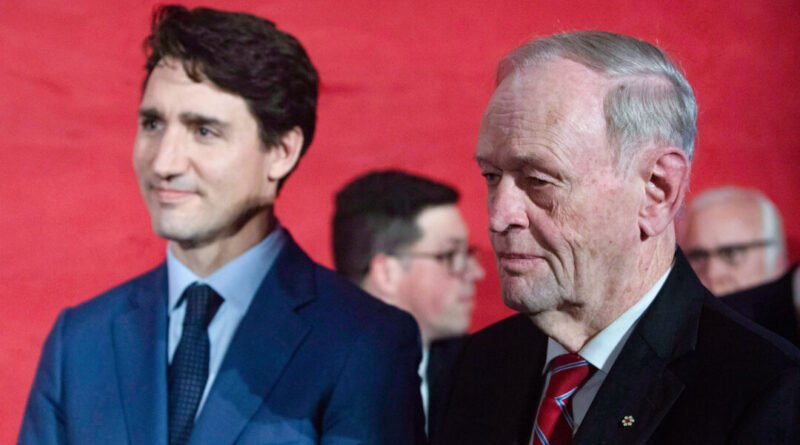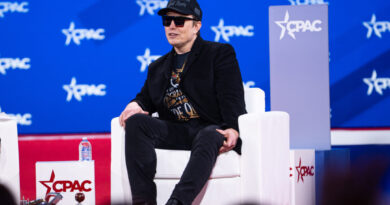Examination: Contrasting Challenges to Trudeau’s Leadership with the Chrétien/Martin Era
Prime Minister Justin Trudeau seems to have successfully navigated the aftermath of the surprising June byelection upset in the long-standing Liberal riding of Toronto–St. Paul’s. He has affirmed his commitment to continuing as prime minister, and there are several factors working in his favor.
Reflecting on the early 2000s, when Paul Martin replaced Jean Chrétien as prime minister, it was a time when the Liberal Party had a secure majority in the House of Commons and encountered a fragmented opposition.
Comparatively, Mr. Trudeau faces a more challenging situation as his party trails the Conservatives by a significant margin in the polls, along with losing a byelection in a riding held by the Liberals for over three decades.
Despite this, the internal opposition to Mr. Trudeau’s leadership within the party has been notably restrained compared to what Mr. Chrétien encountered as he approached a decade into his premiership.
Former prominent Liberals who were active under previous leaders believe the outcome would have been different in the past.
One key difference is the absence of a clear contender openly vying for Mr. Trudeau’s position, unlike Mr. Martin, who had a support base.
“I believe that is a significant factor,” stated Stephen LeDrew, who held the position of Liberal Party president from 1998 to 2003, in an interview with The Epoch Times.
While a few current cabinet ministers have been rumored to have leadership aspirations, individuals like Deputy Prime Minister Chrystia Freeland or Housing Minister Sean Fraser have not publicly indicated their intentions.
Aside from the lack of serious contenders, Mr. LeDrew emphasizes that the key factor is the absence of a leadership review mechanism within the party since Mr. Martin assumed premiership.
“Someone may be prepared, but it’s akin to aiming at a phantom,” he remarked. “The only option would be for a widespread rebellion within the caucus, which is unlikely to occur.”
Calls within the caucus for Mr. Trudeau to resign have been minimal, with little support or feedback from his colleagues on a request by MP Wayne Long for his resignation. Additionally, demands for an in-person caucus meeting before the end-of-summer retreat have gone unheeded by the party’s leadership.
Celebrity Leader
Following the significant defeat of becoming the third-place party in the 2011 election, Justin Trudeau’s celebrity status played a major role in the Liberals’ victory in 2015.
This is another reason for the subdued response from Liberal MPs and the absence of a clear contender to succeed Mr. Trudeau if he were to step down, according to Mr. McTeague.
“They understand that after 9–10 years, they won due to a trend and they will likely lose due to the same trend,” he explained.
Building a party around a celebrity leader also comes with its limitations, Mr. McTeague added, diminishing the space for diverse voices, including grassroots input, to be heard within the party.
This, in turn, affects the engagement of party grassroots, as well as the nurturing of competing ideas and potential leadership contenders.
More Cutthroat in the Past
Mr. Chrétien resigned as prime minister in fall 2003 after losing support from the caucus. Pierre Trudeau stepped down after his memorable “walk in the snow” in 1984, preceding Brian Mulroney and the Progressive Conservatives’ major victory in September of that year.
Internal competition within the party was fiercer in the past, as noted by Kevin Gaudet, who heads Bright Point Strategy and previously led opposition research for Preston Manning.
Mr. Gaudet recalled benefiting from the internal rivalries between Mr. Chrétien and Mr. Martin during his time with Mr. Manning’s Reform Party, describing it as “ugly.”
Today, modern political parties, especially the Liberal Party, are more leader-centric, leading to reduced visibility for potential leadership rivals, according to Mr. Gaudet.
“This fosters a different level of loyalty.”





